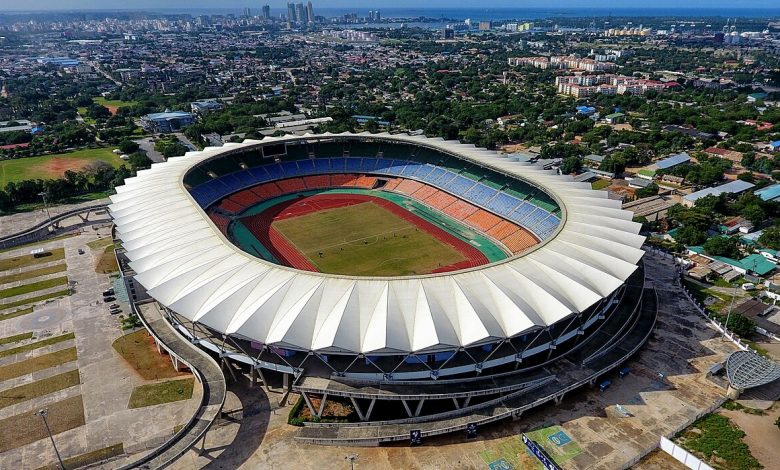Tanzania vision for sports infrastructure: Game-changer in global competitions

IN an ambitious and commendable move, the Tanzanian Government is taking substantial steps to overhaul the country’s sports infrastructure, setting the stage for a new era of athletic excellence.
This nationwide initiative is not merely a matter of brick and mortar but a testament to a strategic commitment to nurturing talent and boosting Tanzania’s performance on the global stage.
The government’s project spans various regions, including the Lake Zone, Eastern Zone, Northern Zone and Southern Zone. Each zone is earmarked for support of different sports, with facilities tailored to develop specific disciplines.
This strategic zoning approach is not only innovative but also pragmatic, ensuring that each region can focus on areas where it has the most potential to excel. By developing specialised centres, Tanzania aims to create a robust framework that will enhance athletes’ skills and prepare them for international competitions such as the All Africa Games, Commonwealth Games and the Olympics.
One of the highlights of this initiative is the new facility being constructed in Babati.
This state-of-the-art complex is set to include modern offices, hostels and comprehensive training areas. It is designed to accommodate athletes and officials, providing them with the resources and environment needed to excel.
Such infrastructure is crucial for high-level preparations, offering a dedicated space for athletes to train, strategise and ultimately compete at their best. This commitment to building advanced sports facilities addresses a critical challenge that Tanzania has faced; the medal drought in international competitions.
Historically, Tanzanian athletes have struggled to secure top spots on the Olympic stage. By investing in cutting-edge infrastructure and focusing on specialised sports zones, the government is directly tackling the root causes of this challenge. Improved facilities mean better training conditions, which translate into improved performance and, ideally, more medals.
Moreover, this initiative underscores a broader vision that goes beyond elite athletes. By investing in grassroots development, particularly for children and youths, the government is laying the foundation for a sustainable sports culture.
Early investment in young talent ensures a pipeline of skilled athletes who will continue to represent Tanzania on the global stage for years to come.
This dual focus on elite and grassroots levels demonstrates a comprehensive approach to sports development that is likely to yield long-term benefits.
The establishment of specialised sports zones also offers a unique advantage: it allows for a concentrated effort in particular disciplines, leading to a higher level of expertise and focused coaching.
This kind of specialisation helps create an environment where athletes can thrive, surrounded by professionals who are experts in their specific fields. In conclusion, the government’s commitment to enhancing sports infrastructure across Tanzania is a forward-thinking strategy with the potential to transform the country’s athletic landscape.
By focusing on specialised facilities and grassroots development, Tanzania is not just preparing its athletes for international competitions but also fostering a culture of excellence that will benefit future generations.
This ambitious project is a significant step towards achieving global sporting success and should be met with widespread support and enthusiasm.





